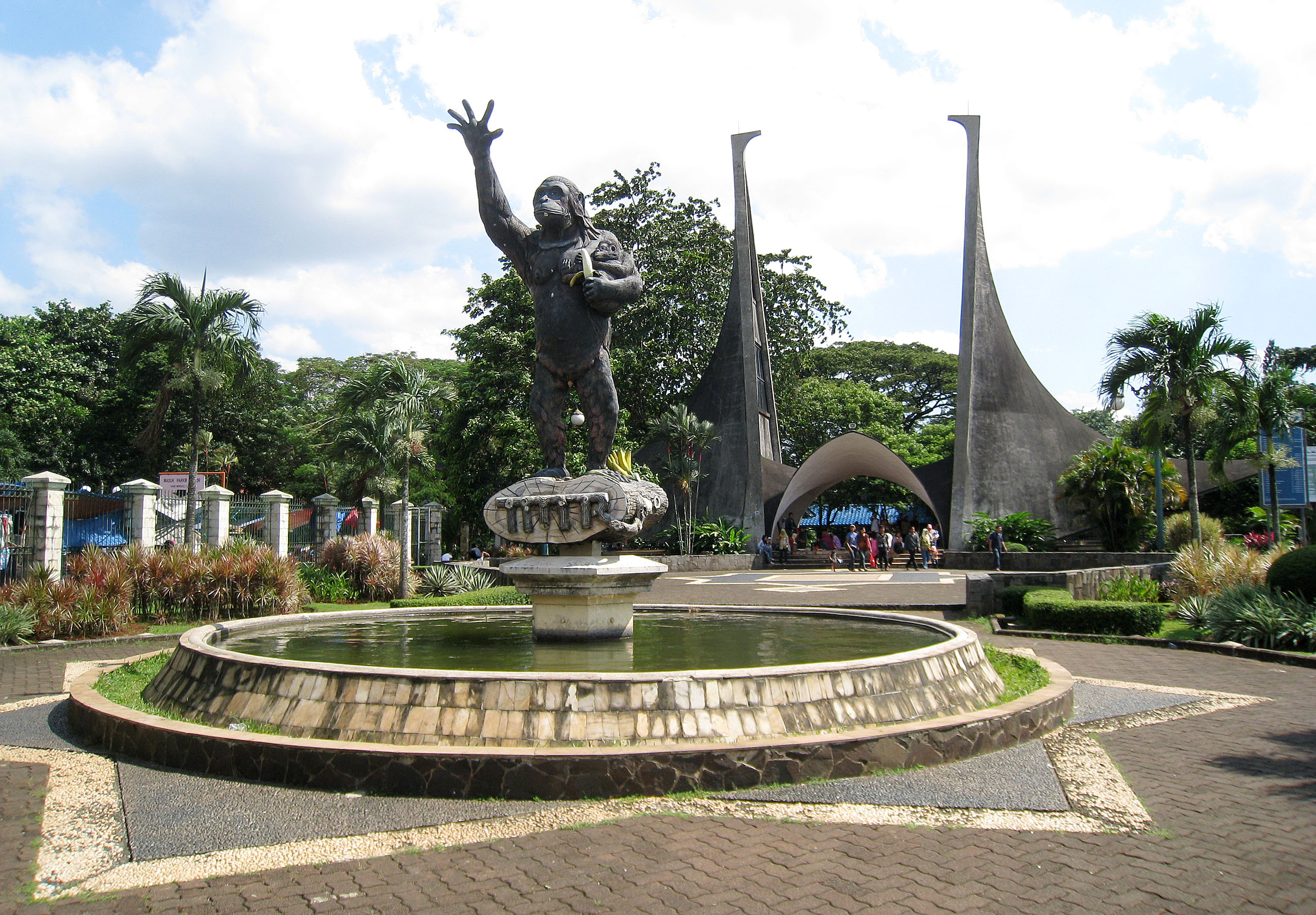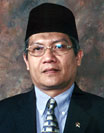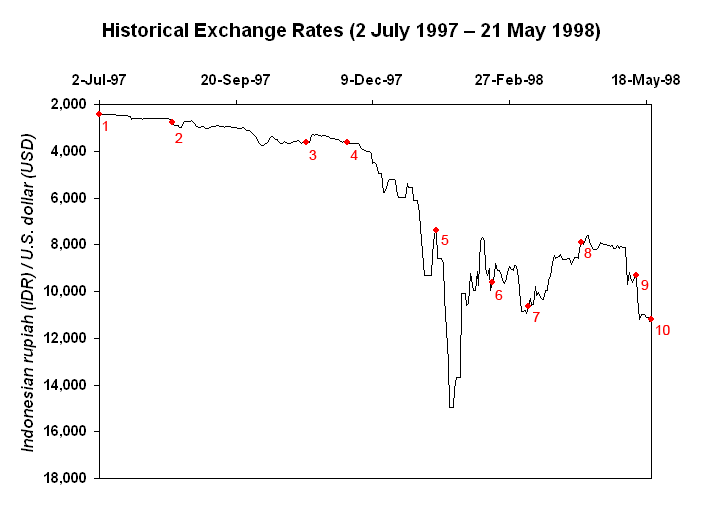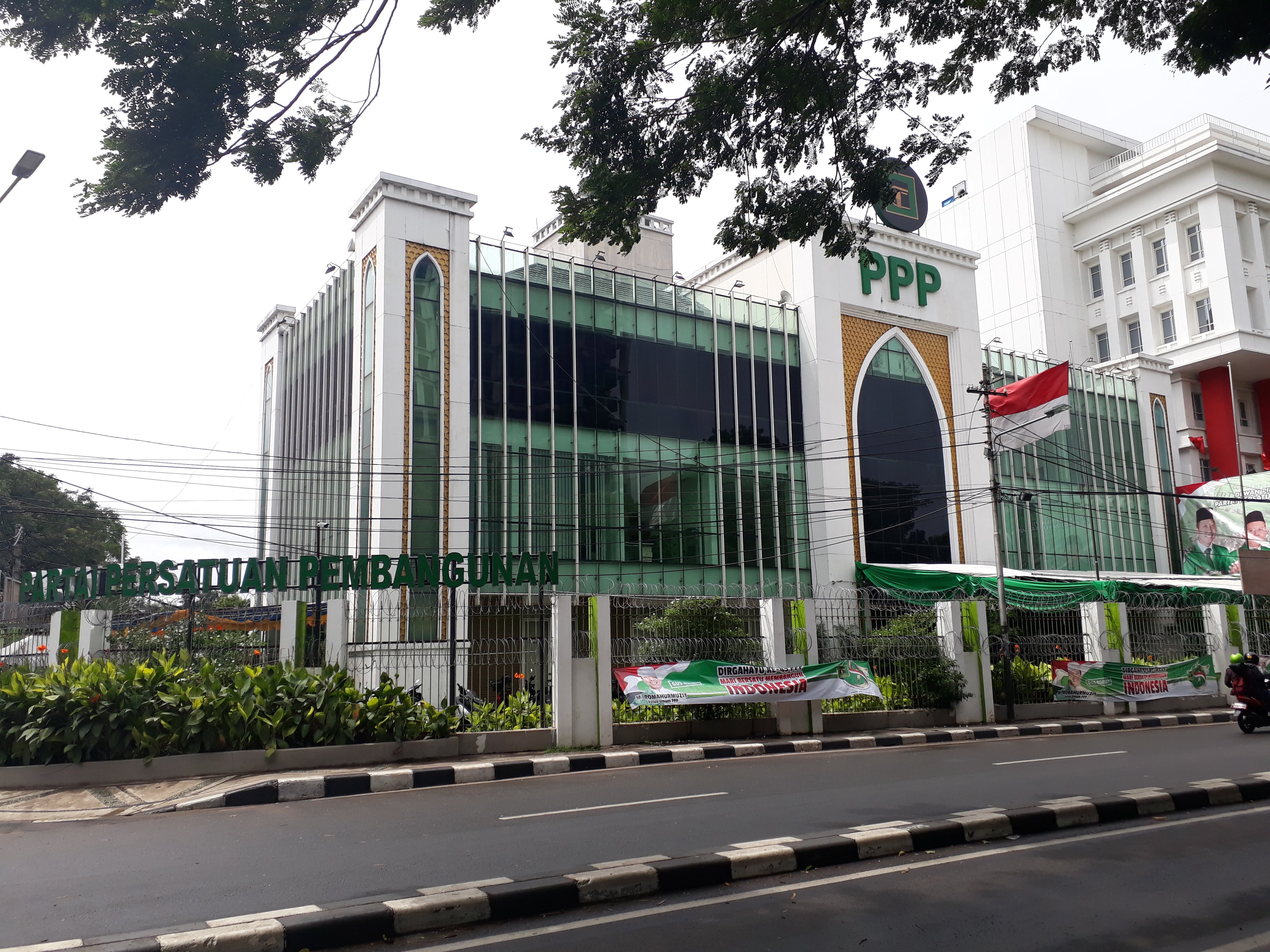|
Crescent Star Party (Indonesia)
The Crescent Star Party () is a conservative political party in Indonesia based on Islam and Muslim values.Al-Hamdi, Ridho (2017). ''Moving towards a Normalised Path: Political Islam in Contemporary Indonesia''. JURNAL STUDI PEMERINTAHAN (Journal of Givernment & Politics). Vol. 8 No. 1, February 2017. pp. 53, 57, 62. History The party's origins go back to the banning of the Islamic Masyumi Party by Sukarno in 1960. After the ban, supporters and followers of the party established the Crescent Star Family (''Keluarga Bulan Bintang'') to continue to press for the implementation of Sharia law and Islamic teaching in Indonesia. Following the fall of Sukarno and the transition to the New Order in which Suharto came to power, members of the organization wanted to revive the Masyumi Party, but this was not allowed by the new regime. In the 1970s, in a meeting in Malang, a new party called Parmusi (''Partai Muslimin Indonesia'', Muslim Party of Indonesia) was formed. It came fourth in the ... [...More Info...] [...Related Items...] OR: [Wikipedia] [Google] [Baidu] |
Pasar Minggu
Pasar Minggu is a district () in the administrative city of South Jakarta, Indonesia Indonesia, officially the Republic of Indonesia, is a country in Southeast Asia and Oceania, between the Indian Ocean, Indian and Pacific Ocean, Pacific oceans. Comprising over List of islands of Indonesia, 17,000 islands, including Sumatra, .... The area is known for its traditional Sunday market, famous for the fruit market. Historically, Pasar Minggu is a fruit cultivation area developed by the Dutch government during the colonial period. The central point of the cultivation area is the traditional market of Pasar Minggu, located in what is now the lower-division Pasar Minggu subdistrict. Teak forest could also be found in the Pasar Minggu district, notably around the Jati Padang ( Javanese for "bright teak") subdistrict. Most of these areas have been converted into residential areas as Jakarta grows southward. The boundary of Pasar Minggu is Kemang Selatan Road - Warung Jati Timur Ro ... [...More Info...] [...Related Items...] OR: [Wikipedia] [Google] [Baidu] |
Sukarno
Sukarno (6 June 1901 – 21 June 1970) was an Indonesian statesman, orator, revolutionary, and nationalist who was the first president of Indonesia, serving from 1945 to 1967. Sukarno was the leader of the Indonesian struggle for independence from the Dutch East Indies, Dutch colonialists. He was a prominent leader of Indonesian National Party, Indonesia's nationalist movement during the colonial period and spent over a decade under Dutch detention until released by the Dutch East Indies campaign, invading Empire of Japan, Japanese forces in World War II. Sukarno and his fellow nationalists Collaboration with Imperial Japan#Dutch East Indies (Indonesia), collaborated to garner support for the Japanese war effort from the population, in exchange for Japanese aid in spreading nationalist ideas. Upon Surrender of Japan, Japanese surrender, Sukarno and Mohammad Hatta Proclamation of Indonesian Independence, declared Indonesian independence on 17 August 1945, and Sukarno was appoin ... [...More Info...] [...Related Items...] OR: [Wikipedia] [Google] [Baidu] |
Malem Sambat Kaban
Malem Sambat Ka'ban (born 5 August 1958), also known as M. S. Ka'ban, is an ex-minister of forestry in Indonesia. Politics Kaban was a member of the People's Representative Council. He was a Crescent Star Party official before President Susilo Bambang Yudhoyono appointed him as Forestry Minister. In addition, he has been involved in human resource development at Jakarta Public Relations. He examined the potential of economic damage from the creation of Gunung Leuser National Park in 1992. He was Chairman of the Economic Potential Weak research team in 1993, and a researcher at the Child Exploitation Strategy assessment study of the joint venture company Pertamina in 1994. He entered politics before the 1997 elections. The United Development Party sought to nominate him as a candidate from West Java. He declined, but the initial reform period under Yusril Ihza Mahendra formed the Crescent Star Party, which emphasized the importance of Islamic law Sharia, Sharī'ah, S ... [...More Info...] [...Related Items...] OR: [Wikipedia] [Google] [Baidu] |
Indonesian Legislative Election, 2004
Legislative elections were held in on 5 April 2004 for both houses of the People's Consultative Assembly of Indonesia. This included all 550 seats in the People's Representative Council and 128 seats of the newly formed Regional Representative Council. Final results of the popular vote tally showed that Golkar, the former ruling party of the New Order (Indonesia), New Order era, received the most votes. It had lost to the Indonesian Democratic Party of Struggle in the 1999 Indonesian legislative election, 1999 legislative election. The Democratic Party (Indonesia), Democratic Party and the Prosperous Justice Party, two of the newest parties to participate in the elections, received a combined 15% of the popular vote. Based on the final allocation of seats in the People's Representative Council, Golkar, the Indonesian Democratic Party of Struggle, the National Awakening Party, the United Development Party, the Democratic Party, the Prosperous Justice Party, and the National Manda ... [...More Info...] [...Related Items...] OR: [Wikipedia] [Google] [Baidu] |
Jusuf Habibie
Bacharuddin Jusuf Habibie (; 25 June 1936 – 11 September 2019) was an Indonesian politician, engineer and scientist who served as the third president of Indonesia from 1998 to 1999. Less than three months after his inauguration as the seventh vice president in March 1998, he succeeded Suharto, who resigned after 32 years in office, thereby being the only vice president to assume the presidency in such a manner. Originating from Sulawesi with Bugis- Gorontalese and Javanese ancestry, his presidency was seen as a landmark and transition to the Reform era. Upon becoming president, he liberalized Indonesia's press and political party laws; ended Indonesian occupation of East Timor, which led to that country's independence; and held an early democratic election three years sooner than scheduled, which resulted in the end of his presidency. His 517-day presidency and 71-day vice presidency were each the shortest in Indonesian history. Before entering government, Habibie contri ... [...More Info...] [...Related Items...] OR: [Wikipedia] [Google] [Baidu] |
People's Representative Council
The House of Representatives of the Republic of Indonesia (, DPR-RI or simply DPR) is one of two elected chambers of the People's Consultative Assembly (MPR), the national legislature of Indonesia. It is considered the lower house, while the Regional Representative Council (DPD) serves as the upper house; while the Indonesian constitution does not explicitly mention the divide, the DPR enjoys more power, privilege, and prestige compared to the DPD. Members of the DPR are elected through a general election every five years. Currently, there are 580 members; an increase compared to 575 prior to the 2024 elections. Its members are called Members of Parliament (''anggota dewan''). History ''Volksraad'' In 1915, members of the Indonesian nationalist organisation Budi Utomo and others toured the Netherlands to argue for the establishment of a legislature for the Dutch East Indies, and in December 1916 a bill was passed to establish a '' Volksraad'' (People's Council).Rick ... [...More Info...] [...Related Items...] OR: [Wikipedia] [Google] [Baidu] |
Indonesian Legislative Election, 1999
Early legislative elections were held in Indonesia on 7 June 1999. They were the first elections since the fall of Suharto and end of the New Order (Indonesia), New Order, the first free elections in Indonesia since 1955, and the first and only free legislative election held in East Timor (province), East Timor during Indonesian provincehood. With the ending of restrictions on political activity following the fall of Suharto, a total of 48 parties contested the 462 seats up for election in the People's Representative Council. A further 38 seats were reserved for members of Indonesian National Armed Forces, the armed forces. Background Under the New Order (Indonesia), New Order, only two political parties forcibly merged in 1973 – Indonesian Democratic Party (PDI) and United Development Party (PPP) – plus the functional group Golkar had been allowed to participate in elections.Liddle (1978) p40Evans (2003) pp. 21-21 With the start of the Post-Suharto Era, Reform Era, more than ... [...More Info...] [...Related Items...] OR: [Wikipedia] [Google] [Baidu] |
Yusril Ihza Mahendra
Yusril Ihza Mahendra (born 5 February 1956) is an Indonesian lawyer, politician and academic, who served as the leader of the Crescent Star Party (PBB) from 2015 to 2024. Previously, he served as the leader of the PBB from 1998 until 2005, Minister of Justice and Human Rights from 2004 until 2007 and 2024 until 2029, and member of the People's Representative Council from 1999 until 2009. Born on 5 February 1956, he attended the University of Indonesia. Graduating with a Bachelor's Degree in Philosophy. He would go on to work as a speechwriter for presidents Suharto and B. J. Habibie. He founded the PBB in 1998, and was later elected a member of the People's Representative Council in the 1999 legislative elections, and was subsequently appointed as Minister of Justice and Human Rights in 2001 by president Megawati Sukarnoputri. He served as minister until 2004, when he became the State Secretary of Indonesia, going on to serve from 2004 until 2007. Yusril is married with Rika ... [...More Info...] [...Related Items...] OR: [Wikipedia] [Google] [Baidu] |
Fall Of Suharto
On 21 May 1998, Suharto resigned as president of Indonesia following protests and riots across the country against his regime. His vice president, B. J. Habibie, took over the presidency. Suharto's grip on power weakened following severe economic and political crises stemming from the 1997 Asian financial crisis. The economy suffered a flight of foreign capital, leading to a drastic drop in the value of the Indonesian rupiah, which severely impacted the economy and people's livelihoods. Suharto was re-elected to his seventh term by the People's Consultative Assembly in March 1998. Increasing political unrest and violence undermined his previously firm political and military support, leading to his May 1998 resignation. Initially under newly installed President Habibie, a period of political reform ('' Reformasi'') followed. Historical background Dissent during the New Order Having consolidated power in 1967 in the aftermath of the attempted coup in 1965 which wa ... [...More Info...] [...Related Items...] OR: [Wikipedia] [Google] [Baidu] |
United Development Party
The United Development Party (, PPP) is an Islam-based Al-Hamdi, Ridho (February 2017). ''Moving towards a Normalised Path: Political Islam in Contemporary Indonesia''. Jurnal Studi Pemerintahan (Journal of Government & Politics). Vol. 8 No. 1, pp. 53, 56-57, 62. political party in Indonesia. The PPP was formed in 1973 as a result of the merger between several Islam-based parties, assuming the role of umbrella party for Muslims.Zachary Abuza (2007): ''Political Islam and Violence in Indonesia'', Routledge, p. 21 The party was led by Suryadharma Ali until 2014 when he was prosecuted for corruption. From 2014 to 2016 the party was split in the dispute over its chairmanship. In April 2016, Muhammad Romahurmuziy was declared a new chairman after a reconciliation congress. In the 2024 election, the party won 3.87 of the popular vote, a decrease from 4.52 percent it won in 2019. It was the first time PPP lost all the seats in the DPR. History Origins Ten political parties par ... [...More Info...] [...Related Items...] OR: [Wikipedia] [Google] [Baidu] |
Indonesian Legislative Election, 1971
Legislative elections were held in Indonesia on 3 July 1971, the first under the New Order (Indonesia), New Order regime. There were ten participants; nine political parties and the "functional group" Golkar, which came first with more than 60 percent of the vote, resulting in an absolute majority in the People's Representative Council. Background In March 1966, President Sukarno signed a Supersemar, document giving Army commander Suharto authority to restore order. Suharto used this document to ban the Communist Party of Indonesia (PKI), which was officially blamed for the 30 September Movement, coup attempt the previous September. In June, the People's Consultative Assembly, Provisional People's Consultative Assembly (MPRS) passed a resolution calling for elections to be held by 5 June 1968. Two years later, the People's Consultative Assembly elected Suharto president.Ricklefs (2008) p. 451 The army-backed New Order (Indonesia), New Order regime subsequently announced that the ... [...More Info...] [...Related Items...] OR: [Wikipedia] [Google] [Baidu] |
Malang
Malang (; , ), historically known as Tumapel, is an inland List of regencies and cities of Indonesia, city in the Indonesian Provinces of Indonesia, province of East Java. It has a history dating back to the age of the Singhasari, Singhasari Kingdom. It is the second most populous city in the province, with a population of 820,043 at the 2010 CensusBiro Pusat Statistik, Jakarta, 2011. and 843,810 at the 2020 Census; the official estimate as of mid-2023 was 847,182 (comprising 421,340 males and 425,842 females).Badan Pusat Statistik, Jakarta, 28 February 2024, ''Kota Malang Dalam Angka 2024'' (Katalog-BPS 1102001.3573) The Malang Metropolitan area (Greater Malang) was home to 3,663,691 inhabitants in 2010, spread across two cities (Malang itself and Batu, East Java, Batu) and 22 districts (21 in Malang Regency and one in Pasuruan Regency). Malang is the List of Indonesian cities by GDP, third largest city by economy in East Java, after Surabaya and Kediri (city), Kediri, with an ... [...More Info...] [...Related Items...] OR: [Wikipedia] [Google] [Baidu] |







